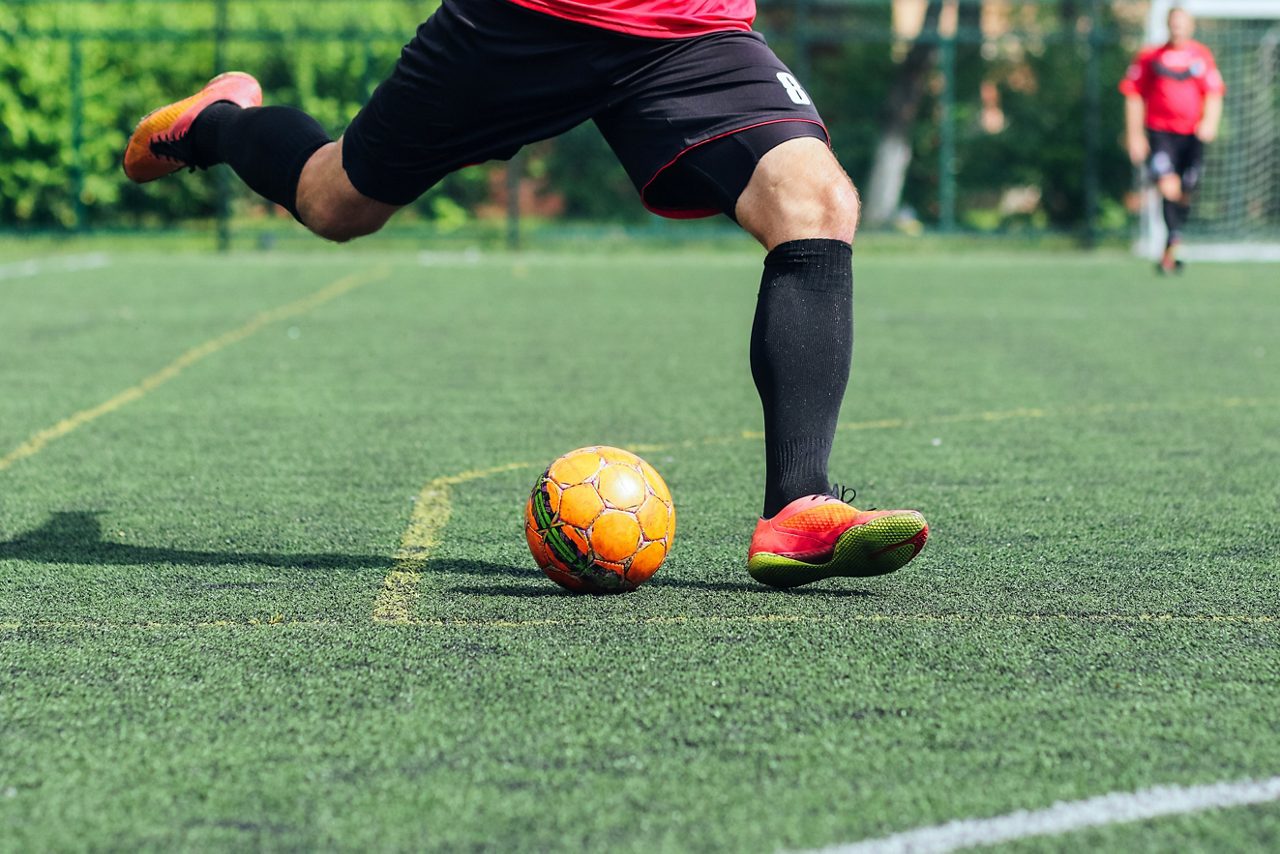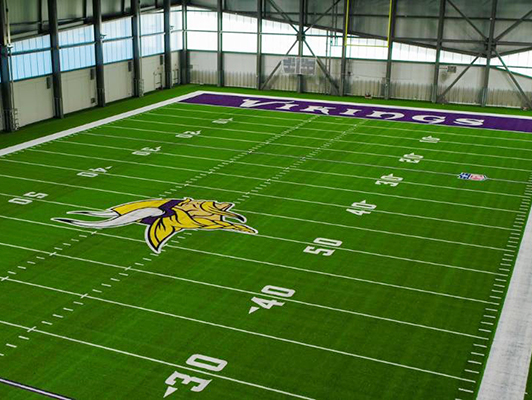Cost-Effective Turf Installation Phoenix AZ for a Low-Maintenance Lawn Option
Cost-Effective Turf Installation Phoenix AZ for a Low-Maintenance Lawn Option
Blog Article
Look Into the Environmental Perks of Opting for Artificial Lawn Solutions
The fostering of synthetic lawn options offers a compelling chance to resolve pushing environmental difficulties. By dramatically minimizing water use and minimizing the application of dangerous chemicals, these choices not only promote lasting landscape design yet likewise protect neighborhood communities.
Water Preservation Conveniences
One of one of the most significant advantages of synthetic grass is its capacity to preserve water. Traditional lawn yards need considerable watering, especially in areas prone to dry spell or water limitations. In comparison, synthetic grass does not need watering, significantly reducing the overall need for water sources. This function is especially valuable in deserts where water deficiency is a pushing concern.
By eliminating the demand for routine watering, synthetic grass adds to lasting landscape practices and assists alleviate the environmental effect of too much water usage. Furthermore, the preservation of water expands to the reduction of drainage, which can result in dirt disintegration and river pollution.
In addition, the installment of synthetic grass enables homeowners and towns to assign water resources much more effectively, focusing on crucial usages such as drinking water and farming. The change towards synthetic grass not only promotes liable water usage but also straightens with more comprehensive ecological objectives focused on maintaining natural deposits.
As communities increasingly focus on sustainability, the water conservation advantages of man-made grass provide an engaging instance for its fostering in property and industrial landscaping tasks.
Lowered Chemical Use
The shift to synthetic grass considerably lowers the dependence on chemical therapies typically made use of in natural grass upkeep. Standard turf management usually involves the application of plant foods, chemicals, and herbicides to promote growth and control pests. These chemicals can posture threats to human wellness, regional wild animals, and the environment, adding to dirt and water contamination.
In contrast, synthetic grass gets rid of the demand for these hazardous compounds. By minimizing the launch of artificial substances right into the ecosystem, fabricated lawn advertises much healthier soil and water systems.
In addition, the lack of chemical drainage associated with synthetic grass installments aids shield regional waterways from contamination, supporting water life and maintaining biodiversity. Arizona artificial turf. As communities increasingly prioritize lasting methods, selecting synthetic grass provides a viable service that lines up with environmental preservation goals. With this shift, property proprietors can delight in lush green rooms without endangering eco-friendly wellness, leading the way for a more sustainable future
Lower Carbon Impact

Additionally, the installment of synthetic grass can result in considerable water preservation. All-natural grass need substantial amounts of water for irrigation, which not just includes in the carbon footprint connected with water extraction and therapy however also stress regional water sources. On the other hand, synthetic grass requires marginal upkeep, requiring no watering, consequently browse this site significantly decreasing water usage and its associated power costs.
Additionally, the durability of man-made lawn adds to its reduced carbon impact. With a life-span of approximately 15 years or even more, the demand for constant substitutes is lessened, leading to much less waste and lower energy usage in manufacturing and throwing away typical yard choices. In general, synthetic grass offers a lasting choice for eco aware landscape design.
Habitat Preservation
Habitat preservation is a vital consideration in the debate over landscape design selections, especially when comparing synthetic grass to all-natural turf. Natural yard lawns typically need comprehensive maintenance, consisting of the usage of herbicides, chemicals, and fertilizers, which can negatively affect neighborhood environments. These chemicals can leach right into the soil and rivers, hurting indigenous plants and fauna and disrupting local environments.
On the other hand, synthetic grass presents an opportunity to minimize the ecological footprint of landscaping. By selecting artificial turf, house owners can lessen the disruption of natural environments linked with standard grass treatment practices. Synthetic grass removes the need for damaging chemicals, therefore securing neighboring wildlife and preserving the honesty of surrounding ecological communities. The installation of synthetic lawn can lead to the conversion of former grass areas into more biodiverse landscapes, such as pollinator gardens or native plant areas, which can support local wildlife.
Inevitably, the change to fabricated grass not only saves water and reduces upkeep initiatives yet likewise promotes a more unified connection between human activities and the natural atmosphere, promoting environment conservation while doing so.
Long-Term Sustainability
Long-term sustainability is a crucial consider evaluating the benefits of synthetic grass over traditional yard lawns. Among the learn the facts here now most significant advantages of synthetic grass is its longevity; it can last as much visit this site as 15-20 years with minimal upkeep, whereas natural yard needs frequent reseeding and replacement. This longevity lowers the requirement for consistent resources, such as water, plant foods, and pesticides, which are important for keeping a healthy grass yard.
Additionally, synthetic grass adds to a reduction in carbon exhausts related to grass care tools. Standard lawns usually need gas-powered lawn mowers, trimmers, and blowers, all of which add to air contamination. Phoenix turf companies. On the other hand, synthetic grass eliminates the requirement for such equipment, promoting a cleaner atmosphere
In addition, the production of synthetic grass progressively makes use of recycled products, boosting its sustainability profile. As producers embrace eco-friendly practices, the ecological impact of artificial turf continues to decrease.

Conclusion
The adoption of fabricated grass services presents considerable ecological benefits, including considerable water preservation, reduced reliance on damaging chemicals, and a lower carbon footprint. Additionally, fabricated lawn aids in preserving all-natural environments by reducing land disturbance and promoting lasting sustainability via the usage of sturdy products. Jointly, these aspects highlight the potential of synthetic grass to add positively to ecological health and wellness and offer a feasible alternative to conventional landscape design techniques in an increasingly resource-conscious globe.
In contrast, man-made lawn does not require watering, substantially minimizing the general demand for water sources. By reducing the release of synthetic substances right into the ecosystem, man-made turf promotes healthier soil and water systems.
Furthermore, the installment of artificial lawn can result in significant water conservation. In contrast, artificial grass requires minimal upkeep, calling for no watering, thus dramatically minimizing water usage and its connected energy prices.

Report this page